It is not new.
woshang
Man just taking a break and comes back with hire salary.
Ditch centralized platforms.
TUCKER: “Media Matters is a censorship organization funded by George Soros and others who hate Western civilization designed to prohibit people from saying certain things.” And what they are prohibiting are the truth.
Manipulation can be stop by decentralization.
An add on: WireMin, Session and SimpleX.
Yep, decentralized is the key.
It used to be a decentralized social app + a chat app. But now you can switch between them.
And we share real background information, very specific details. This could lead them to our friends and colleagues!
But I'm not sure it can be called social media, though, but if you are looking for social media platforms that can avoids data leaks, and don't ask for your personal info when register, WireMin and Damus are both good choices.
Speaking of which, we should have a version of LinkedIn that is decentralized!
Don't forget those ads on Twitter, Facebook, instagram, Youtube. They show you the product you viewed before, called re-targeting.
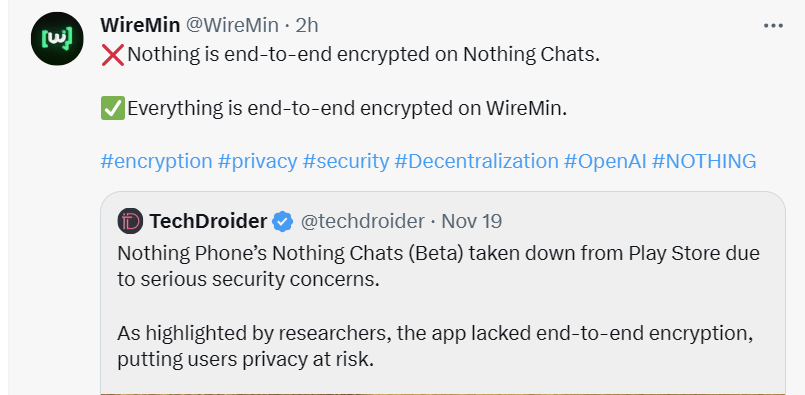
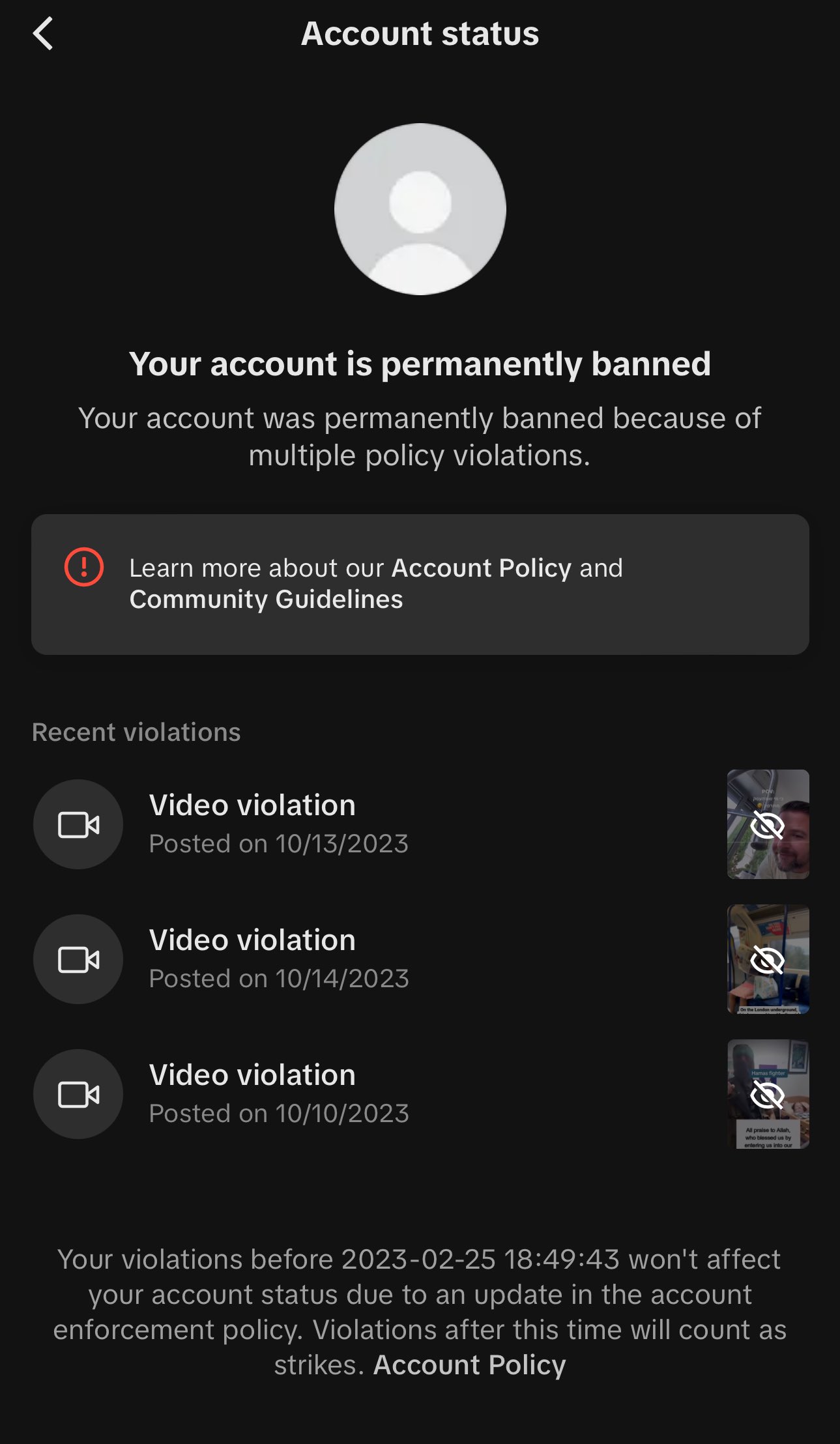
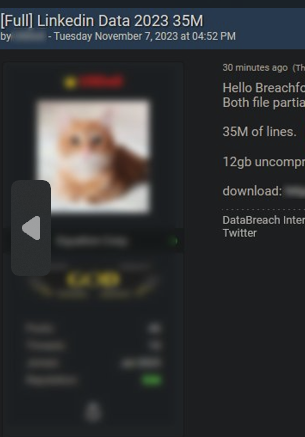
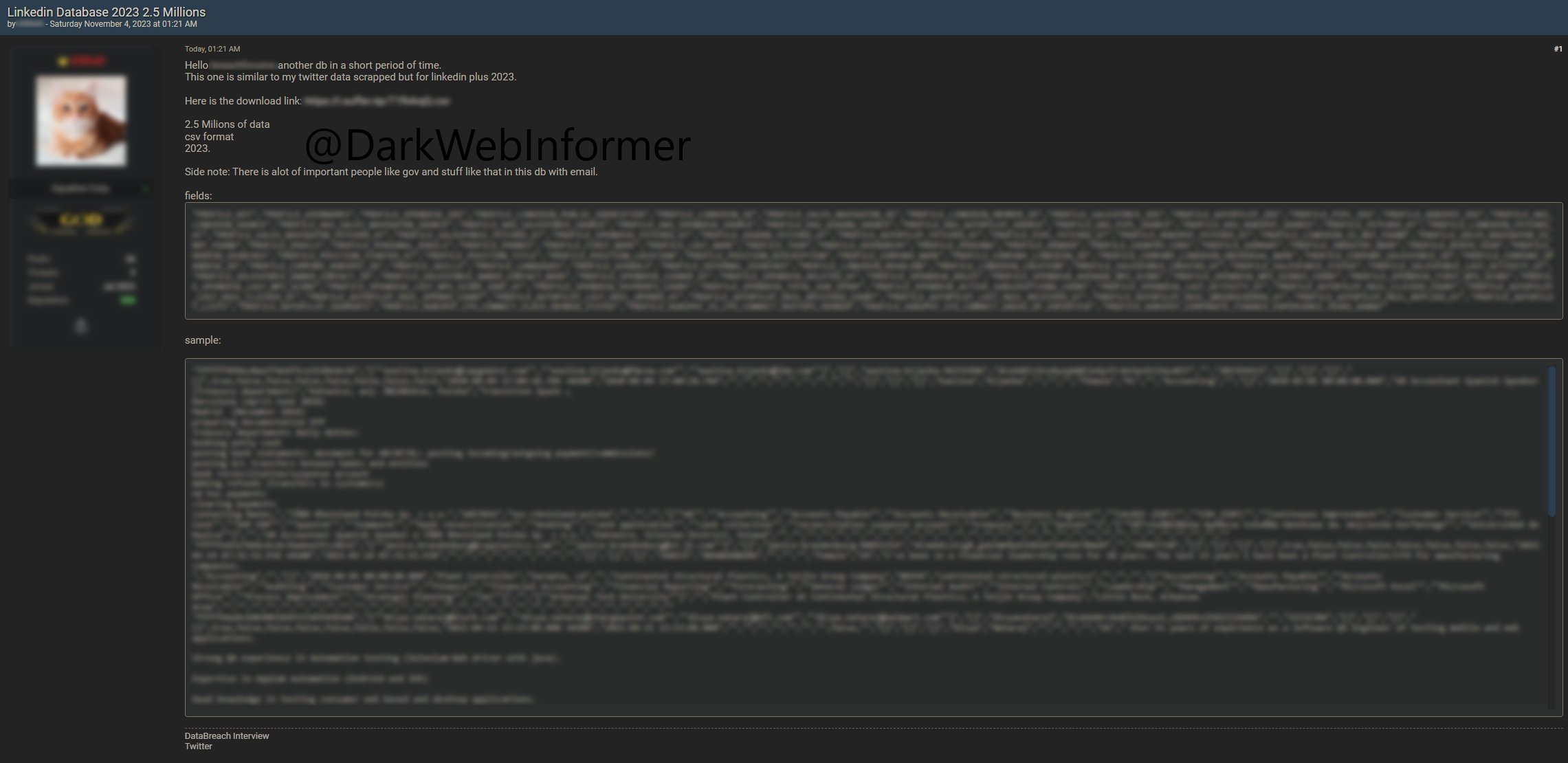
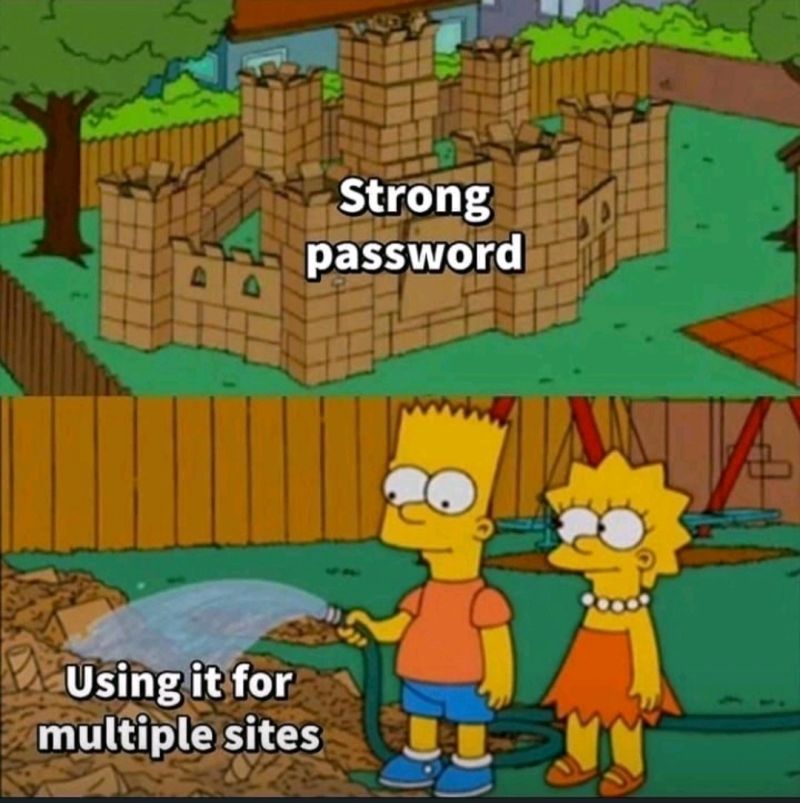



Totally agree with you; a p2p network is resilient and unstoppable. Every user acts as a node within the p2p network, and as long as people are actively online, it can survive. This means it cannot be banned by any country or government.
Plus, since a P2P network is a decentralized network, there is no central server to store user data such as chat histories or contact lists**. From a data privacy perspective, nothing can compare with a p2p network.
I know people are quite familiar with Signal and Whatsapp due to their E2EE services. However, they are managed by tech companies and utilize a centralized network (central server = another computer). All your chat histories and data are kept in their giant computer/server. Even though it is encrypted, who in the world knows if they have memorized your private key (I think they do, by the way, because governments need these things to monitor suspicious activities or potential criminal incidents).
So, start using applications that operate on a decentralized P2P network; it is the safest way to safeguard your privacy rights.